If stopping the process is not enough, killing the shell itself (in which you launched the git diff) might be more effective.

See also Git Diff with Vimdiff

Not being ready to go full speed into using vimdiff (I’m just new to it), I put the following in ‘gitvimdiff’.
The result is that I can use vimdiff to look at git-diff by running ‘gitvimdiff‘, but a normal invocation of ‘git diff’ behaves as I’m used to.
#!/bin/sh
if [ -n "${GIT_EXTERNAL_DIFF}" ]; then
[ "${GIT_EXTERNAL_DIFF}" = "${0}" ] ||
{ echo “GIT_EXTERNAL_DIFF set to unexpected value” 1>&2; exit 1; }
exec vimdiff “$2″ “$5″
else
GIT_EXTERNAL_DIFF=”${0}” exec git –no-pager diff “$@”
fi
But if you still want the modified git diff, a git status might help before launching it ;)
And you can setup a function to get the old git diff behavior if needed:
I still have access to the default git diff behavior with the --no-ext-diff flag. Here’s a function I put in my bash configuration files:
function git_diff() {
git diff --no-ext-diff -w "$@" | vim -R -
}
--no-ext-diff: to prevent using vimdiff-w: to ignore whitespace-R: to start vim in read-only mode-: to make vim act as a pager

